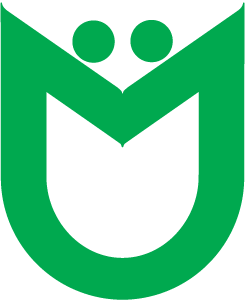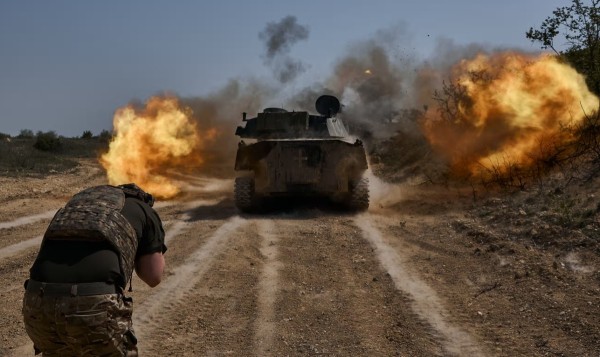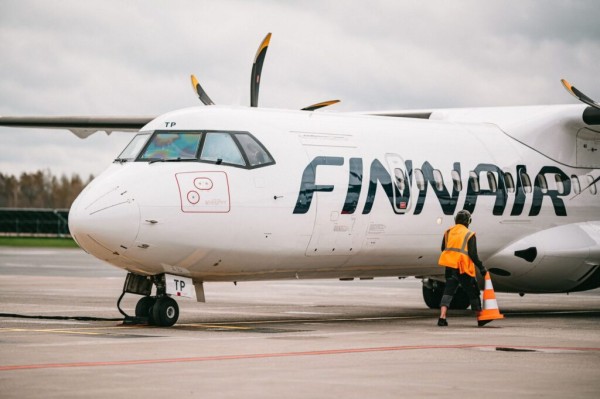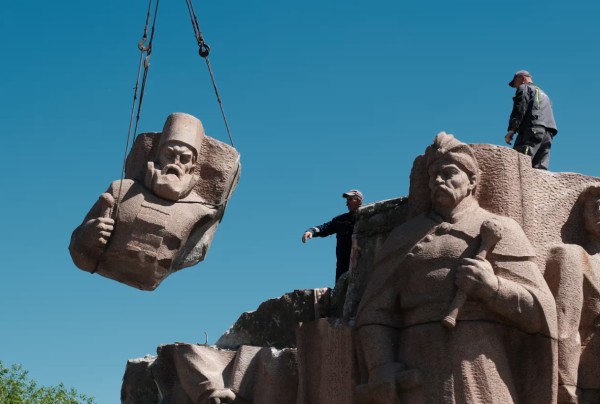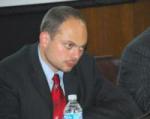
There are only two countries in Europe whose leaders have been continuously in power for about two decades, and both are dictatorships. In Belarus, Alexander Lukashenko came to power through the ballot box, but quickly entrenched his rule by banishing independent media, dissolving parliament and imprisoning opponents. For a while, Belarus was known as “Europe’s last dictatorship” – until Vladimir Putin came to power in Russia and transformed the flawed democracy built by his predecessor into the autocracy it is today. Independent television networks were taken over or shut down. Parliament became a rubber stamp (“not a place for discussion,” in the unforgettable words of its speaker). And elections have been transformed into meaningless rituals.
The two regimes have something else in common: Their most prominent political rivals are dead. Lukashenko’s opponents — including the former interior minister and the former deputy speaker of parliament — were “disappeared” in 1999 and are still officially listed as missing persons. Putin’s most formidable challenger, Russia’s former deputy prime minister Boris Nemtsov, was gunned down on a bridge near the Kremlin in 2015.
On Monday, Putin was formally sworn in for his fourth term as president of Russia. In reality, it is his fifth: He went around the constitutional limit of two consecutive terms by installing a puppet “president” (Dmitry Medvedev) while remaining fully in charge as prime minister between 2008 and 2012. Putin has now been in power for 18 years; there is an entire generation of Russians who have never known any other political reality.
They have also never seen a competitive election. For a leader who claims to be so popular among his citizens, Putin is remarkably afraid of allowing his opponents on the ballot. The March “election” that extended his tenure in the Kremlin was no exception. With Nemtsov dead and another prominent opponent, Alexei Navalny, disqualified from running, the incumbent cruised to a preordained “victory” over handpicked shadowboxers.
Monday’s inauguration was a subdued affair, without the customary motorcade ride through the streets of Moscow that paralyzed the city in the past. Some 6,000 guests attended the ceremony in the Kremlin’s St. Andrew’s Hall, once used to crown Russian czars. Foreign dignitaries were scarce, a sign of the growing international isolation in which Putin’s regime has plunged Russia; the most prominent foreigners were the American actor Steven Seagal and former German chancellor Gerhard Schroeder, now employed by Putin as chairman of Rosneft, a state oil company that grew out of the pillaging of Yukos. With his right hand placed on the Constitution, Putin swore an oath “to respect and safeguard the rights and freedoms” of Russian citizens. In short remarks afterward, he thanked Russians for the “sincere support you … have shown me in the presidential election.”
Two days before Putin spoke in the ornate surroundings of the Kremlin, his riot police and National Guard were beating and arresting the very Russians he swore to “respect” as protests against his continued rule broke out across the country. In more than 60 cities, thousands braved the threats and the police batons to go into the streets and voice their opposition to the nearly two-decade rule by one man – something they were unable to do in the choreographed vote seven weeks earlier.
As in previous opposition rallies over the past year, most of the protesters were young people. Some 1,600 arrests were made on a single day; more than 150 of those arrested were minors. “Aren’t you afraid?” a journalist asked a young girl who came to the rally on Moscow’s Tverskaya Street. “I am,” she replied. “But I am more afraid for my future.” Even the people accustomed to Russian police brutality were shocked by the force used against youths who participated in the rallies. Regular police regiments were reinforced by private paramilitary groups dressed in czarist-era Cossack uniforms and brandishing whips. They have been contracted and paid by the Russian authorities for various projects, including policing the upcoming FIFA World Cup. Amnesty International has called the violence unleashed on peaceful protesters “outrageous.” The usually guarded U.S. State Department noted that “leaders who are secure in their own legitimacy don’t arrest their peaceful opponents for protesting.”
“It was a blessing … to be among people who are not only intelligent and honest, but also courageous,” Navalny wrote after he was released from his own arrest at the rally in Moscow, adding to Putin: “You will not scare us.” “The authorities have once again raised the stakes — they are now actually beating people up,” said Mikhail Khodorkovsky, founder of the Open Russia movement, which is providing legal help to many of those arrested. Intensifying the crackdown, he added, can only lead toward deeper confrontation: “There are only two steps left to be made: from the [government] side, mass repressions and shooting; from the [opposition] side, blocking roads and building barricades.… There is no good outcome from this. For Putin, the coming years will be the most difficult in his life. But he chose this himself.”
https://www.washingtonpost.com...












